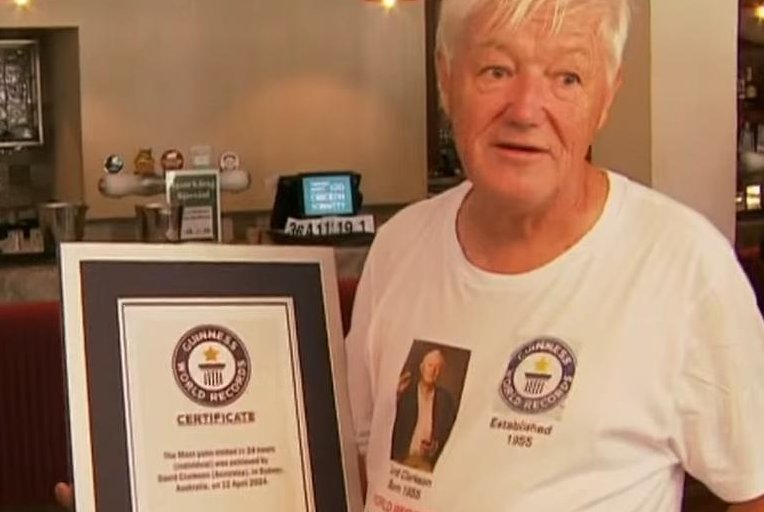
Exploring the Potential of the Havenula in Diagnosing and Treating Addiction Disorders: A New Approach by UCLA Faculty
Edythe London and Dara Ghahremani, both faculty members in the UCLA Health Department of Psychiatry and Biobehavioral Sciences, have been invited to join a team of global experts to explore innovative approaches for diagnosing, treating, and preventing addiction disorders.
The two researchers, who are affiliated with The Jane and Terry Semel Institute for Neuroscience and Human Behavior at UCLA, will serve as co-principal investigators in the Untangling Addiction program initiated by the nonprofit health research organization Wellcome Leap this year. This three-year, $50 million project involves 13 other collaborating universities and organizations with a goal of developing novel ways to measure addiction risk and progression through biomarkers.
The focus of the UCLA team will be on exploring the role of the habenula, a brain nucleus associated with negative states experienced during withdrawal. Although this region has shown strong connections to addiction in animal studies, it has not been adequately studied in humans. By analyzing MRI data from thousands of individuals with problematic alcohol use, the team aims to determine if similar relationships exist in humans.
According to Ghahremani, “If we find those links, the habenula could be an important therapeutic neural target.” For example, the team proposes using a relatively new noninvasive brain stimulation technique known as low-intensity focused ultrasound to temporarily modify habenula function during periods of alcohol withdrawal. This could help alleviate symptoms and reduce vulnerability to continued drug use.

